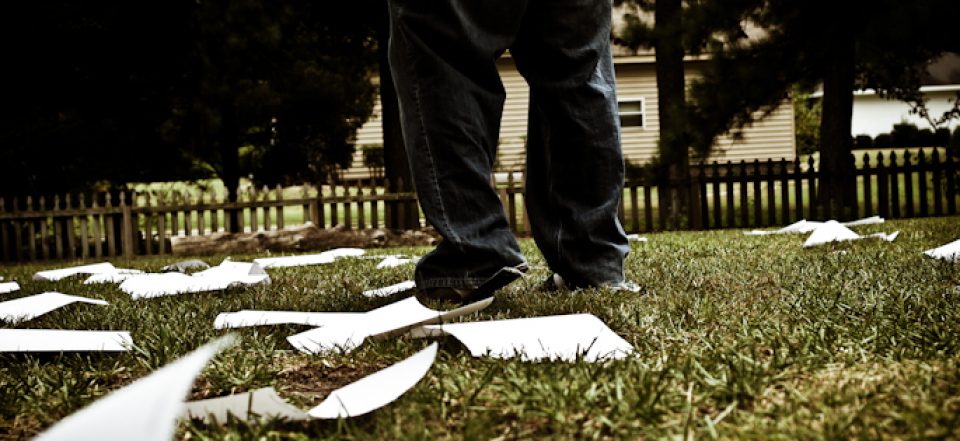
I wanted The Art of Memoir to be the first book I read and posted about for my 100 memoirs project. It’s not a memoir, but it’s about memoir, and Karr is an expert who frequently delves into autobiography while dispensing her brilliant advice, so it counts.
It took me a long time to finish this book because I was underlining so much. Then I stopped underlining and just started writing things down. Then my hand got tired so I started taking pics of whole passages so I could carry them with me.
The Art of Memoir made me think two conflicting thoughts, sometimes both at once: I can/can’t do this.
“Writing a memoir is knocking yourself out with your own fist,” you see.
Here are some actual notes-to-self I made in my journal, and some of the most impactful quotes or tips I absorbed, while reading The Art of Memoir:
- Free write list of images from early childhood? -> “…a single image can split open the hard seed of the past…”
- “…sentimentality is only emotion you haven’t yet proven to the reader…” !!!!
- “Unless you confess your own emotional stakes in a project, why should the reader have any?” Confession is cool again.
- Ch3: why NOT to write memoir, guided meditation, ends with “What would you write if you weren’t afraid?” (Christ, Mary, I’m working on it)
- “Every great memoir lives or dies based 100 percent on voice.” Gospel. ❤
- How memoirists train readers to trust their voice and follow their proclivities for literary device—a contract -> poetry’s metrical contract (reread Annie Finch)
- “Dumb hope is what hurts most to write, occupying the foolish schemes we pursued for decades, the blind alleys, the cliffs we stepped off. If you find yourself blocked for a period, maybe goad yourself in the direction of how you hoped at the time. Ask yourself if you aren’t strapping your current self across the past to hide the real story.”
- “Truth may have become a foggy, fuzzy nether area. But untruth is simple: making up events with the intention to deceive.” + “The best memoirists stress the subjective nature of reportage. Doubt and wonder come to stand as part of the story.”
- “It’s the disparities in childhood, your life between ass-whippings, that throw past pain into stark relief for a reader.”
- “However you charm people in the world, you should do it on the page.”
Finally, I deeply appreciated Karr’s extensive advice on writing about other people, incorporating them into our stories. Here’s a long passage on that subject that has really stuck with me:
I still try to err on the side of generosity toward any character. Like I mention Mother throwing my birthday lasagna at my daddy in one of the zillion fights that felt like my fault, but I also mention her cleaning it up after he was gone and lighting candles on a German chocolate cake—a scene that, if left out, would’ve skewed her into seeming worse than she in fact was. Anne Fadiman writes about a nineteenth-century sailor who comes home to a starving family at Christmas with a bushel of oranges. He locks himself in a room and devours them solo while his kids scratch at the door. He’s an asshole, right? Until you learn he had scurvy.
Metaphorically speaking, I always make room for any evidence of scurvy in my characters…
I wrote this quote down and highlighted it in orange.
I made the mistake of reading this book in bed, a little each night, then flipping the lights out and being unable to drift off because I was writing scenes in my mind. The “hard seed of the past” sprouted a strong memory of eating sweet peas right from the pod on my grandparents’ farm, following my Pap down narrow rows in the garden, his whittled “snake stick” (defense against the black and rat snakes that hunted there) thunking the tilled dirt as he walked ahead. “Your life between ass-whippings” made me close the book and remember, against my will, that my violent ex used to get stuck on some ridiculous pop song for weeks on end, singing the hook dozens of times a day in increasingly absurd falsetto voices and making me laugh hysterically. I know the carnality, as Karr would say, of these vignettes will enrich my story. That doesn’t mean my story is going to be easy to write.
I said to a friend last night, when I texted her about finishing another incredible book, that this project of posting about 100 memoirs feels like my only way into writing my own. I need to be among “friends” before I can take this on.
If I can take this on.
When I take this on.
Have you read The Art of Memoir? Want to? Tell me what you think.

You can, you can! You are. This is part of the process. Loved this book.
LikeLiked by 1 person
Thanks for the encouragement! Karr is so good, no?
LikeLiked by 1 person
“…sentimentality is only emotion you haven’t yet proven to the reader…”
OK, off to buy this book.
LikeLiked by 2 people
Exactly.
LikeLike